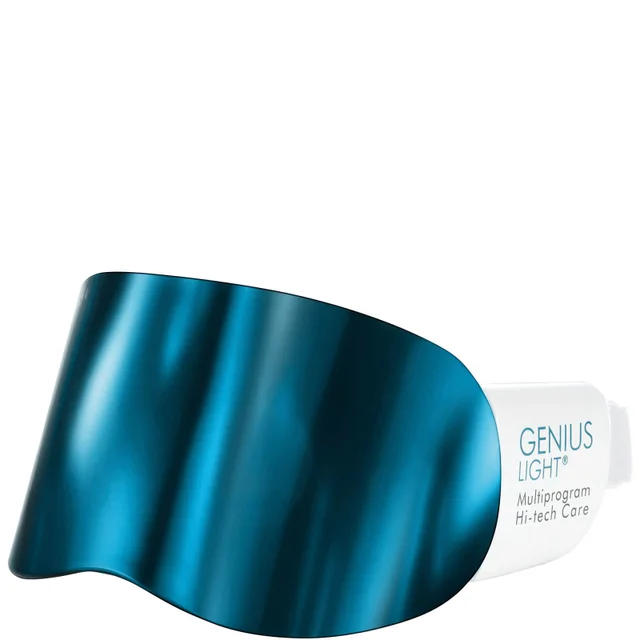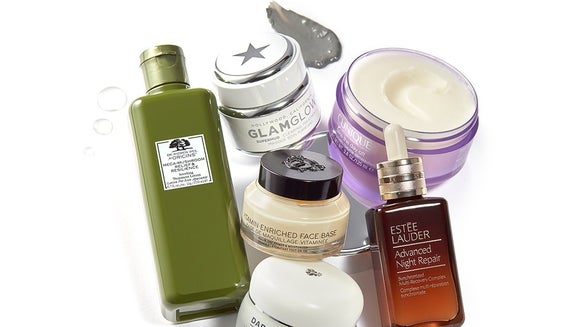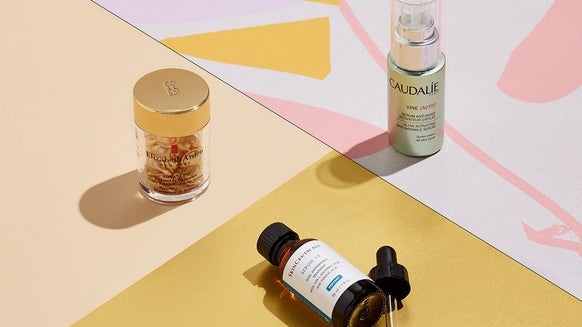What is Seasonal Affective Disorder and how can you manage it?
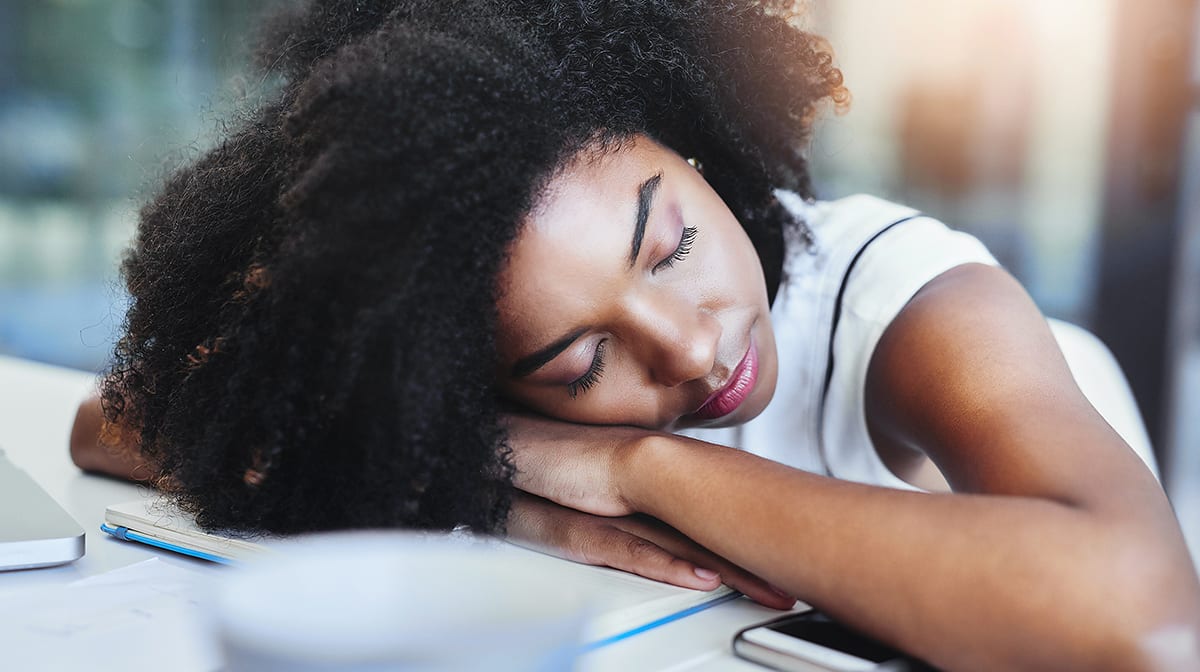
Though some of us look forward to winter hot chocolates, cosy evenings spent cuddled up on the sofa and finally getting to wear your favourite winter jumper, for some, the colder months can be a difficult time. More than just winter woes, Seasonal Affective Disorder or SAD "is a type of depression that affects people at particular times or seasons of the year" says Consultant Psychiatrist, Dr Sarah Vohra (@themindmedic). "It can be typically problematic in the Winter months, with those struggling noticing their symptoms start to ease as they head into spring and summer months".
Thought to effect around one in three people, the cause of the disorder is unknown. However, Joanna Konstantopoulou, Health Psychologist and Founder of the Health Psychology Clinic, Harley, tells us that "most people who suffer from SAD experience symptoms during winter, a few people are affected by the disorder in summer, which suggests that a change in seasons is a key influencer in the onset of the condition". Experts have suggested that this reduction in daylight hours may be to blame, possibly playing havoc with the body's sleep cycle and potentially the hormones that control our mood and energy levels.

What are the symptoms of SAD?
"As with depression, people with SAD will notice constantly feeling low in mood and finding it difficult to shift" explains Dr Sarah. As well as this common symptom, Seasonal Affective Disorder can also be recognised by:
- Low Mood.
- Little or no energy or motivation.
- Loss of interest in things you used to enjoy.
- Excessive more.
- Eating more.
- Feeling irritable.
- Low self-esteem.
- Cravings for carbohydrates.
Though very similar in symptoms, Dr Sarah states that there are differences between Depression and SAD: "usually when people are depressed they may notice they struggle to sleep and they lose their appetite, whereas the opposite can be the case for SAD where they are likely sleeping for longer periods of time and eating more".
"Some people with SAD may not experience symptoms every winter, while others could show symptoms that continue long after winter is over" says Health Psychologist, Joanna. This doesn't mean that you should suffer in silence until the winter is over. Dr Sarah points out that "whilst it is not unusual for us all to struggle with the cold, dark winter months, if our symptoms start to affect and get in the way of how we go about our day to day life, it may well suggest we have SAD". More common than you'd think, SAD is thought to affect around 5% of adults, however it is important to seek medical attention if you think you have the condition.
Who can be affected by SAD?
SAD can affect anyone. Though according to Health Psychologist, Joanna Konstantopoulou, women are 40% more likely to experience symptoms than men. She goes on to expand that "although most sufferers of SAD first experience symptoms during their 20s or 30s, it's not uncommon for children to suffer from the condition also. However, children with a family history of depression are more likely to be affected, as well as those living at high altitudes where seasonal changes tend to be more extreme".
Though nobody is immune to SAD and can develop the condition at any point in their life either just the one year or reoccurring, "it's believed that those who have a history of depression or suffer from another psychological disorder are most at risk" and may be genetically predisposed to the disorder says Joanna. "Additionally, those who live the furthest away from the equator are more likely to suffer from SAD as seasonal changes tend to be more extreme".
How to treat SAD
Though there is no known 'cure' for SAD, as with all mental health disorders, there are different treatment options depending on the severity of the symptoms. "In mild cases, making consistent lifestyle changes may have a positive impact". However, for more severe conditions, professional support such as talking therapies is advised. Dr Sarah explains that for even more severe cases, "medication may be prescribed to be taken throughout the winter months alongside any suggested lifestyle changes and talking therapies".
Lifestyle changes for SAD
As mentioned by Dr Sarah, for more mild cases, there are a number of changes you can make to your daily routine to help alleviate symptoms of SAD. These include staying connected with those around you and making sure to prioritise social interactions, trying to fit in some form of daily exercise which can "help lift our mood, reduce stress, increase our energy levels and can even help with our sleep" and make sure that you are getting a full night's sleep. If you struggle catching your ZZZs, follow Dr Sarah's top tips: "have your last caffeinated beverage no later than 1pm, come off screened devices an hour before bed and set regular sleep and wake times". Essential for all round good health, she explains that "getting yourself into a good sleep routine can help regulate your mood, your appetite as well as see you have more energy and perform better the following day".
Arguably one of the most effective lifestyle changes you can make for SAD, both Health Psychologist, Joanna Konstantopoulou and Dr Sarah agree that getting as much natural light as possible is important. Though this can be difficult for those that work the traditional 9-5, Dr Sarah has some helpful suggestions for squeezing in some sunshine into your day. "If you are commuting to and from work in the dark, take break and lunchtimes as an opportunity to go for a walk outside in natural daylight or if you are working in an office space, try to work close to a window or in a room where there is plenty of natural light".
According to the NHS, light therapy may also be affective in alleviating symptoms of SAD by helping to promote serotonin production, the hormone responsible for our mood, and reducing melatonin, the hormone responsible for making us tired. "Some people find that sitting in front of a lightbox can help them to manage symptoms of SAD" says Joanna. She suggests "getting a clock that has in-built lights that mimic the sunrise can also help you to wake up more naturally on darker mornings, improving your mood and quality of sleep".
Although not a substitute for sunlight, Vitamin D supplements may also be helpful for mild cases of SAD. Thought to be beneficial all year round, Vitamin D supplements can help support the body's intake of this 'sunshine vitamin' that most of aren't getting sufficient amounts of just from our diet or daylight exposure.
Make sure that you are taking time to relax and prioritising your mental health. A term we've all bee familiar with over the last year, self-care is something we should prioritise all year round. Try using essential oils to calm and boost the mood.
"Exercise can also help to lift your mood and help you sleep better" says Joanna. A healthy lifestyle is essential to a healthy mental wellbeing so "trying to eat a healthy diet will also reduce cravings and can help to balance hormones responsible for mood" she adds.
When should you seek professional help for SAD?
Though you may be able to manage your symptoms with lifestyle changes for more mild cases, for some conditions, professional help may be needed. Both Health Psychologist, Joanna Konstantopoulou and Dr Sarah advise that you should seek medical advice from a professional if symptoms of SAD are interfering with your day to day life, your ability to work or take care of yourself or your interactions with others.
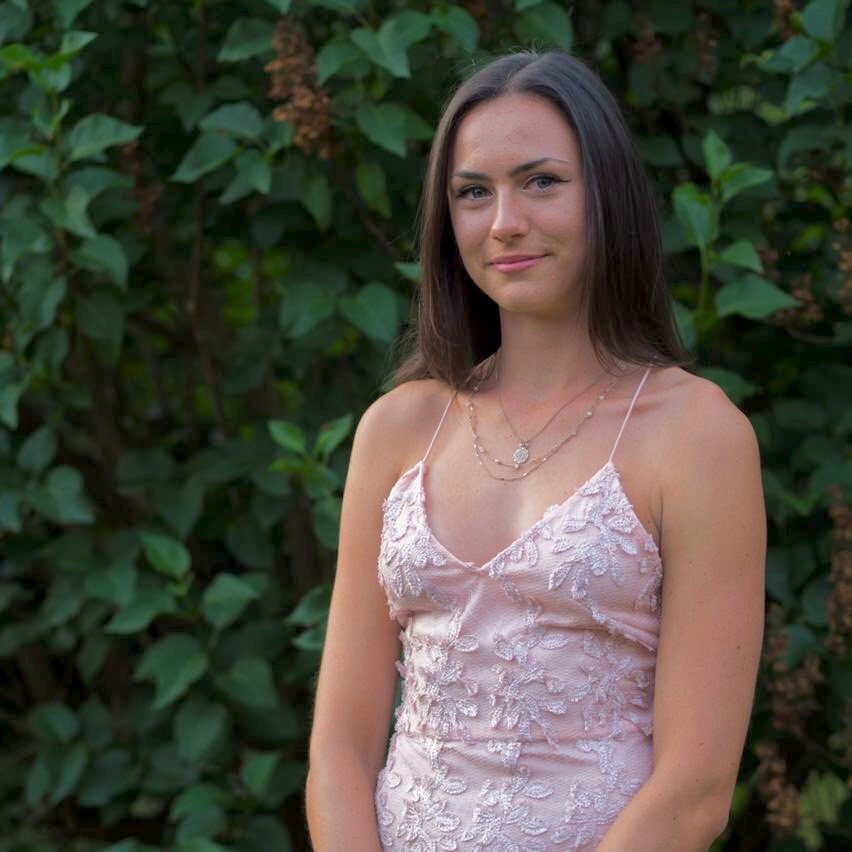
Working with brands at LOOKFANTASTIC for over two years I have developed my knowledge of all things beauty from key skincare concerns to niche makeup tricks and haircare hacks. I have a major passion for finding effective solutions that are easily accessible to everyone so that we can all achieve our best, glowing complexion.




